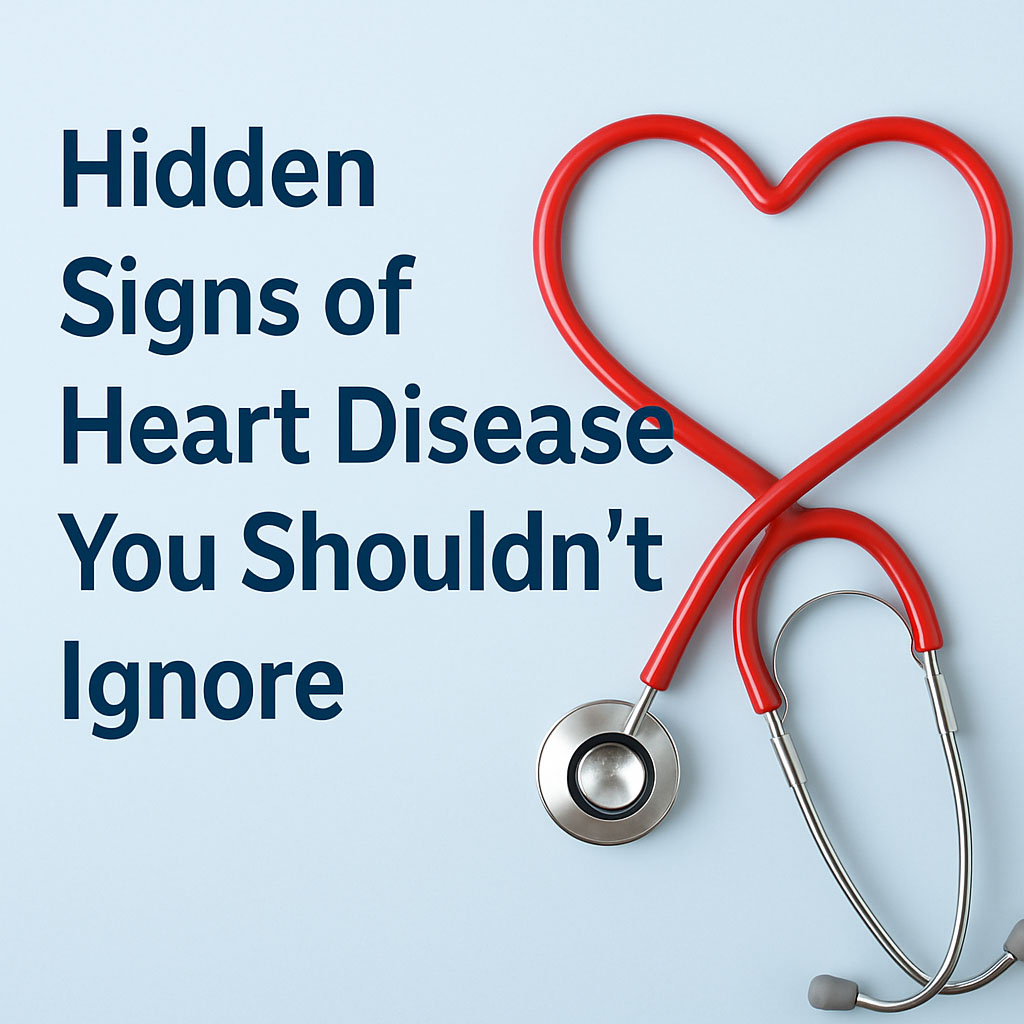Why Strokes Happen
Get the facts on this condition, which can affect the entire body.
Much like the heart or any other major organ, the brain requires a constant supply of oxygen, and nutrient-rich blood to function properly. Without blood or oxygen, brain cells begin to die just after a few minutes.
If blood supply is stopped for even a short time, a stroke, or brain attack can happen and brain function may be affected. Strokes can impact your ability to move, speak, eat, and control bodily functions. This can happen to anyone at any time.
Managing The Risk
While strokes can happen to anyone, your chance of having one increases based on certain risk factors, some of which can be changed or managed.
Smoking alone almost doubles your risk for an ischemic stroke – referring to a stroke that occurs when blood flow to the brain is cut off. Other manageable risk factors include:
- high blood pressure
- heart disease
- cholesterol
- sedentary lifestyle
- obesity
- diabetes
- irregular heart rhythm
Age, gender, race, and genetics also play a role, but embracing healthy lifestyle changes is one of the best ways to lower your stroke risk.
Faster Treatment Can Mean Better Outcomes
When it comes to stroke, time saved, is brain saved. Seeking immediate treatment by calling 911 for stroke symptoms increases a person’s chances for recovery and survival.
Spot The Signs
(if you experience any of these stroke symptoms, call 911)
- Slurred Speech
- Weakness of the face, arms, or legs, especially on one side of the body
- Difficulty walking or loss of balance or coordination
- Sudden vision changes in one or both
- Confusion or trouble speaking or understanding
- Severe headache with no known cause
If you or a loved one might be having a stroke, call 911 immediately. New medications and interventions can minimize damage to the brain if you seek help in time.


